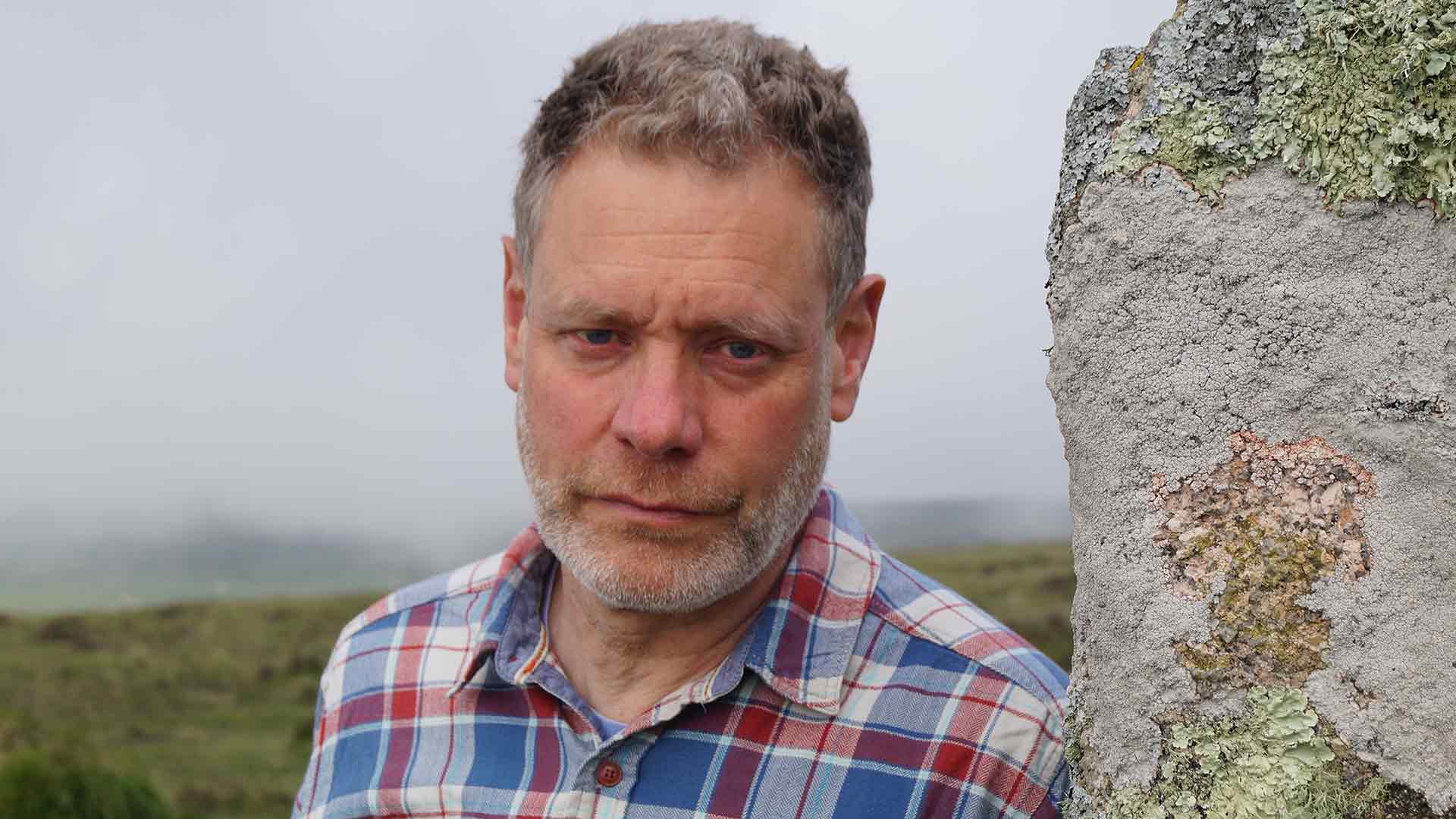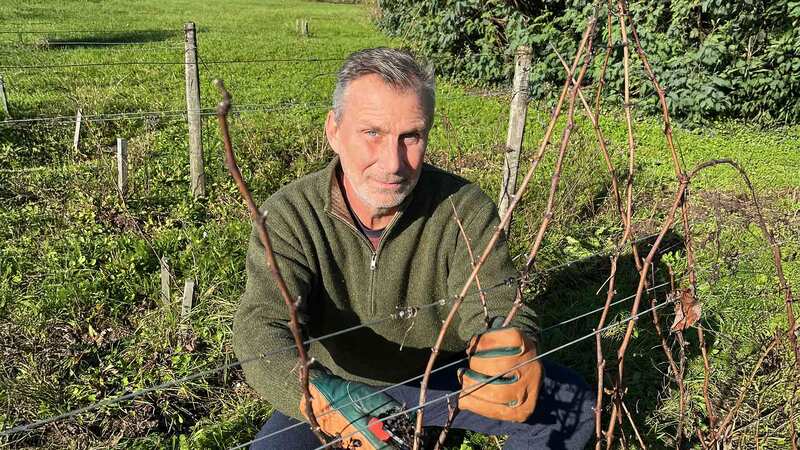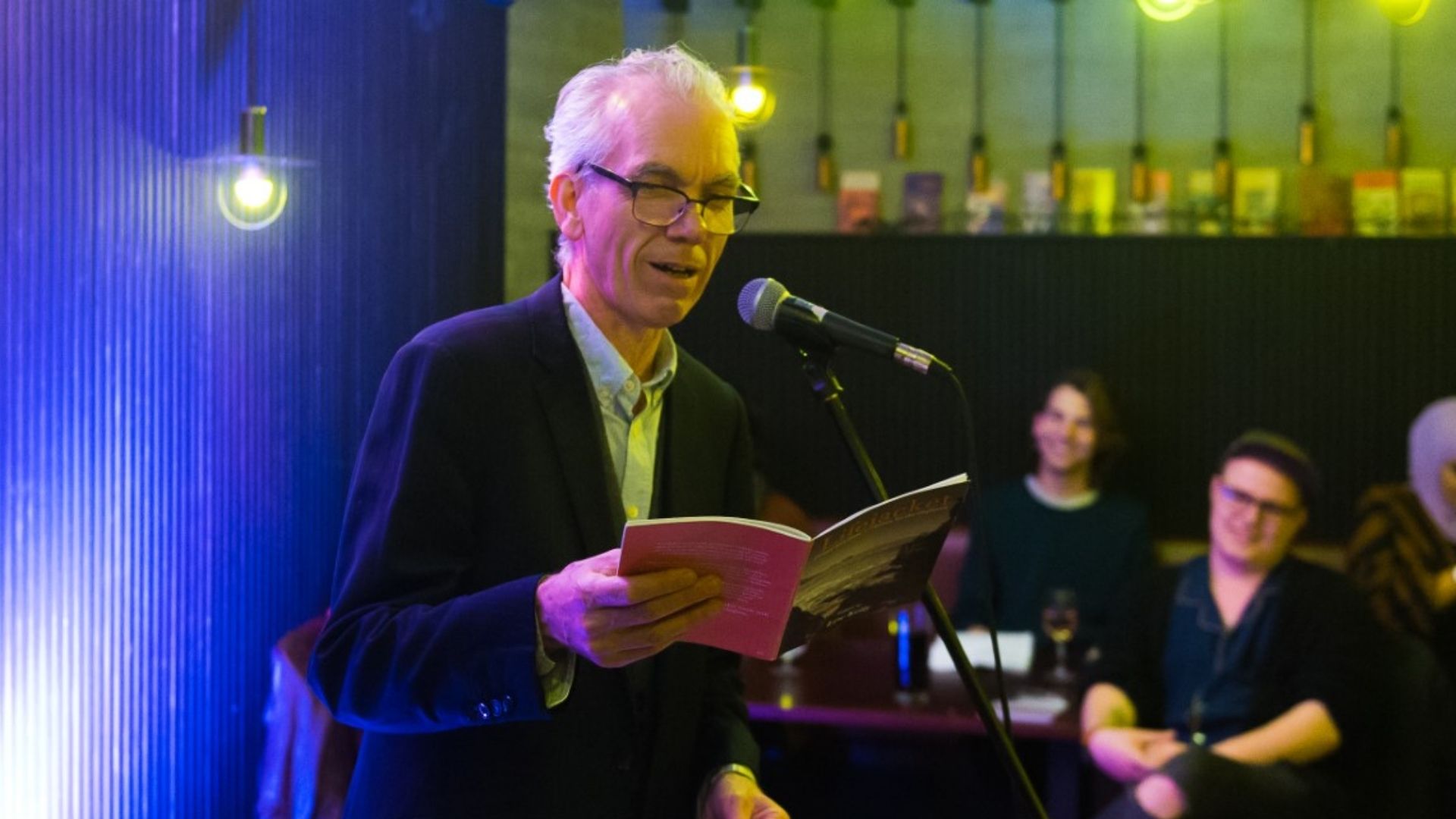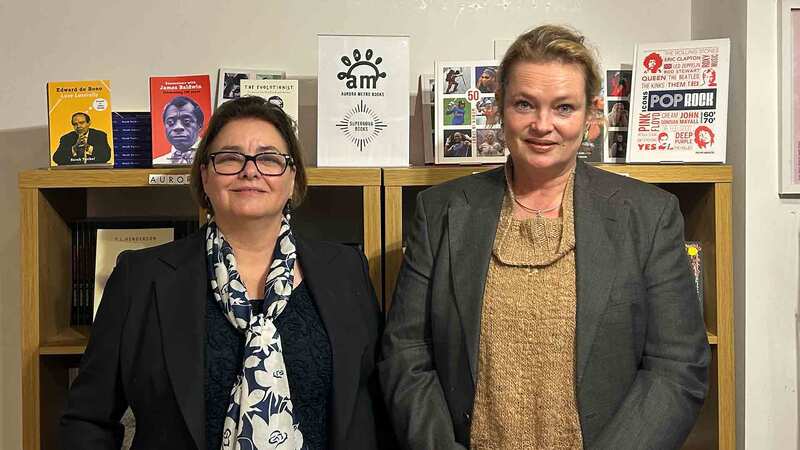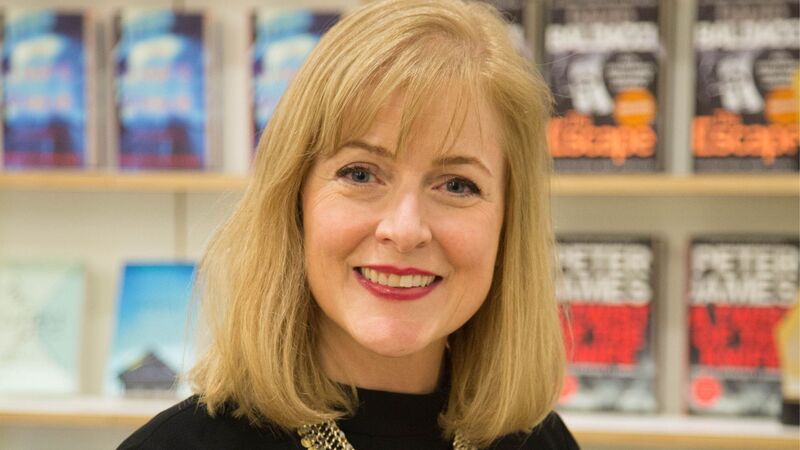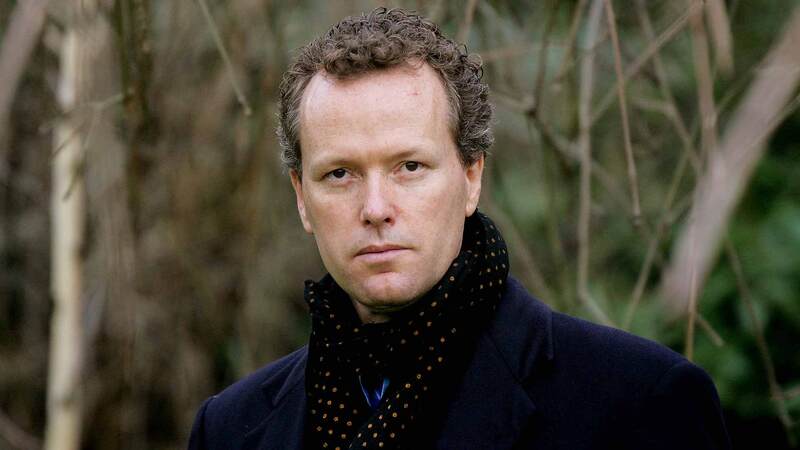Life after bookselling: Little Toller directs full attention to publishing
Jon Woolcott reveals how parting ways with the bricks-and-mortar shop presents new opportunities for the Dorset-based indie
Publishers don’t always make good booksellers, but for four years the team behind Little Toller Books made a pretty good job of it—particularly when you consider the circumstances of launching the shop just a few days before the second 2020 lockdown.
As a retailer, it arrived with publishing pedigree. Since 2008, husband-and-wife duo Adrian and Gracie Cooper had built a solid reputation as a respected indie based in Bridport with a knack for seeking out exceptional nature writing. When it opened its doors to the mask-wearing public of neighbouring Beaminster, just off the town’s market square, Little Toller had scored notable hits such as Diary of a Young Naturalist by Dara McAnulty, who became the youngest-ever winner of the Wainwright Prize, at 16.
Today, after Little Toller Books sold the shop in the summer, the name over the door reads Beaminster Books, and is now under the stewardship of employee Nick Robins. All in all, it sounds like there are no regrets. Handing over the keys, Gracie Cooper said: “Who knows, in time, we may return to the shop floor.” What’s evident is that their experience as booksellers was invaluable to honing their skills as publishers. “Our respect for booksellers knows no bounds,” Cooper revealed. “We learnt more about the business in these few years than in the 15 years of publishing before, and we’ll miss the bookshop enormously.” It is left in the capable hands of Robins, who previously worked for Shakespeare’s Globe theatre for more than 25 years, including a role as head of publications. He’s also a respected writer, having penned books on Shakespeare’s London, John Donne and Robert Burton, and is the co-editor of The Oxford Guide to Literary Britain and Ireland (Oxford University Press).
Parting ways with the bookshop, though, presents a fresh opportunity for Little Toller. With no stacking shelves or till duty on the daily agenda, the small team can put 100% into the task of publishing. It’s a job it does well, as the title of Small Press of the Year for the South West at The British Book Awards in 2021 proves. “This is a chance for us to give all our attention back to our publishing,” says Jon Woolcott, who has worked alongside the Coopers for nine years. While he’s mainly across sales, marketing and publicity, in such a small team “we all do a bit of everybody’s job”, he says. Still working from offices above the shop while new premises are being readied, Little Toller is yet to feel the full effects of having no shopfloor responsibilities. “I think over time it definitely will make a difference to our day-to-day,” Woolcott continues. “It gives us a little bit more flexibility, as you’d expect, and possibly more creativity.”
Broader interests
According to Woolcott, Little Toller will redouble efforts to produce great books—stories about the natural world and sense of place, but beyond that too. It’s a strategy that the publisher has, over the past few years, “been developing hugely”. Woolcott illustrates this by bringing attention to brother.do.you.love.me., a memoir by Reuben Coe and his elder brother, Manni, which was shortlisted for Book of the Year at the British Book Awards 2023. Set in the Dorset countryside, the story recounts how Manni decided to take Reuben, who has Down’s syndrome, out of a home for specialised care by using a combination of Manni’s words and Reuben’s illustrations. The hardback was proudly published by Little Toller, while the paperback, audio and e-book were published by Canongate last year. A huge success for Little Toller, it also hints at the direction of its list. “Our publishing is much broader than maybe people think,” Woolcott states.
’We are small and isolated geographically, so sometimes it feels like we’re out on a limb begging for attention’
Little Toller runs a tightly curated list of between 10–12 books a year while also increasing its backlist, particularly of nature classics, which Woolcott says they try to keep in print for new readers to discover. It released its first children’s book in 2021, Archie’s Apple by Hannah Shuckburgh and Octavia McKenzie, and this year published an anthology of nature writing called Going to Ground, which was made possible through crowdfunding, raising £6,000 in 28 days. It features contributions from the indie’s online journal, The Clearing, which Woolcott edits. Writers include Kerri ní Dochartaigh, Tim Dee, Nancy Campbell, Amina Khan, Ann Lingard, Alex Woodcock, Louisa Adjoa Parker, Kathleen Jamie, Tim Hannigan and Raine Geoghegan.
Woolcott is keen to discuss Little Toller’s “big book for the autumn in hardback”: Wild Twin by Costa Prize shortlisted author Jeff Young. Described as an “Orwellian travel book”, it explores Young’s early adulthood, hitchhiking from Liverpool to Europe in the 1970s at the age of 19. “It’s like falling headlong into a fever dream”, Woolcott says. “That’s our most important book right now, and it’s not at all about nature.”
Continues...
Little Toller’s location is marked out by ancient coastal paths and lush rolling hills. “It does affect what we publish,” Woolcott observes. “I suppose in a day-to-day way, we just see things differently than if we were working at one of the Big Five publishers somewhere along the Thames.”
With a CV containing big hitters from bookselling’s past and present, Woolcott is familiar with the intensity of working at the top of the game. He led Ottakar’s marketing department in the early noughties, before working as marketing manager of Waterstones until 2013. After that he joined Stanfords before Little Toller came calling. “I think there’s something about Dorset,” he says, now having happily swapped the city for countryside and big business for indie. “I’m a little bit biased—I wrote a whole book about Dorset! But there’s a special connection between artists, conservationists and writers, very specifically in Dorset, and that’s bound to inform what we publish.” Woolcott adds that there are other benefits to being tucked away in this scenic corner of the South West. “We feel quite close to our readers. That might be a consequence of having had the bookshop, but we’ve always had a really strong connection with them through the online world and social media.”
Cost concerns
With or without the physical shop, the challenges for independent presses still exist. “We are small and isolated geographically,” Woolcott says. “So sometimes it feels like we’re slightly out on a limb begging for attention.” He adds: “We tend to print fewer [copies] of each book and that means the print cost per unit is higher than a bigger publisher would have.” He cites a recent report in The Bookseller, highlighting consumer concerns around the cost of hardbacks. “As an indie, the question of price is even more marked from our point of view, because we know we have to be broadly aligned with what else is being published. Take Wild Twin, for instance: it would have been very tempting to sell it at £22, but you can’t if you want to sell multiple copies. All publishers have this concern, but I think it’s much more marked for small independents.”
Admirably, challenges and changes haven’t sidetracked Woolcott and the rest of the Little Toller team; for them, it’s very much business as usual. He’s grateful for the people around him, and credits founders Adrian and Gracie for their ambition, creativity and friendship. “I’ve been thinking about this quite a lot recently,” he reveals. “That somehow we’ve managed, without necessarily planning it, to have a team that can do all the things. We’re dynamic. We’re incredibly collaborative—and that’s probably the word we would use more than anything else.”





